- Home›
- Healthy Living›
- 12 Ways To Boosting Hemoglobin Levels Naturally
12 Ways To Boosting Hemoglobin Levels Naturally
By: Priyanka Maheshwari Fri, 07 June 2024 1:07:36
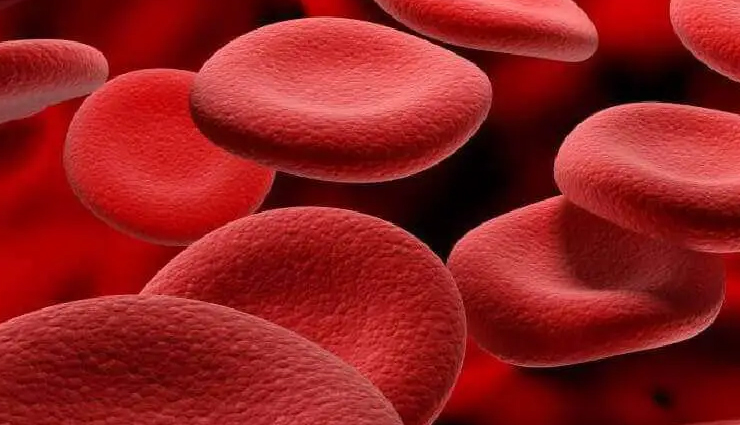
Hemoglobin levels are a critical component of our overall health, playing a pivotal role in the body's oxygen transport system. Hemoglobin is a protein found in red blood cells that binds to oxygen molecules in the lungs and carries them to tissues and organs throughout the body. This process is essential for cellular respiration, energy production, and the functioning of various bodily systems.
The measurement of hemoglobin levels is a vital aspect of medical diagnostics, providing valuable insights into a person's overall health status. Hemoglobin levels are typically measured through a simple blood test called a complete blood count (CBC). The results of this test can help healthcare providers diagnose various conditions, monitor the effectiveness of treatments, and assess overall health and wellness.
Normal hemoglobin levels can vary depending on factors such as age, sex, altitude, and individual health status. Generally, for adult men, normal hemoglobin levels range from 13.8 to 17.2 grams per deciliter (g/dL), while for adult women, the range is slightly lower, typically between 12.1 to 15.1 g/dL.
Abnormal hemoglobin levels can indicate underlying health issues or imbalances within the body. Low hemoglobin levels, known as anemia, can result from conditions such as iron deficiency, vitamin deficiencies, chronic diseases, or blood loss. Symptoms of low hemoglobin levels may include fatigue, weakness, shortness of breath, dizziness, and pale skin.
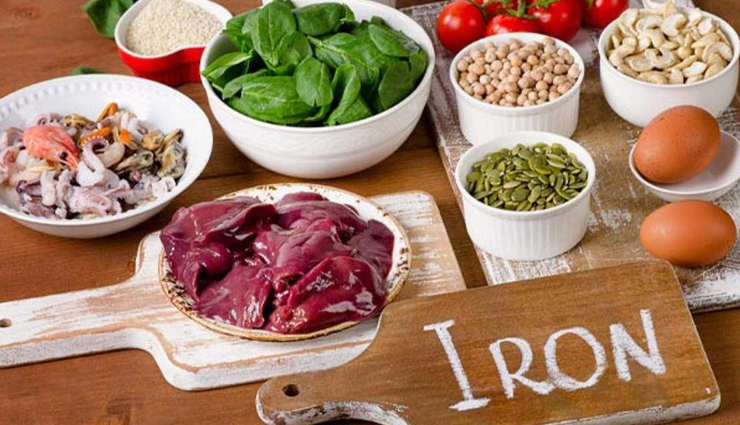
# Iron-rich foods: Consuming foods rich in iron is essential for increasing hemoglobin levels. These include red meat, poultry, fish, lentils, beans, tofu, spinach, kale, broccoli, fortified cereals, and dried fruits like raisins and apricots.
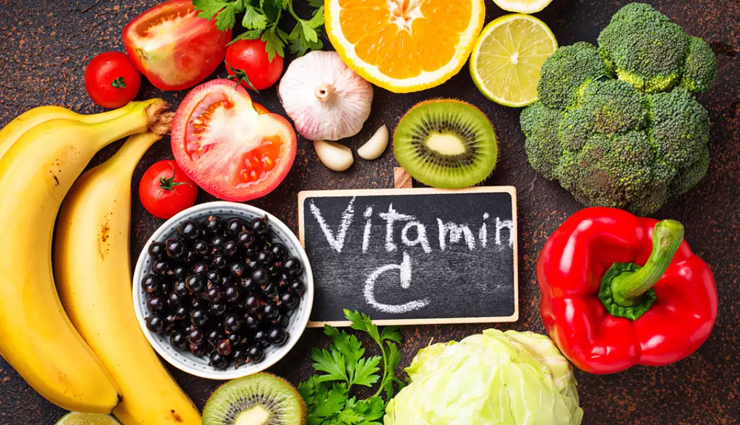
# Vitamin C: Pairing iron-rich foods with sources of vitamin C can enhance iron absorption. Citrus fruits like oranges, lemons, and grapefruits, as well as strawberries, kiwi, bell peppers, and tomatoes, are excellent sources of vitamin C.
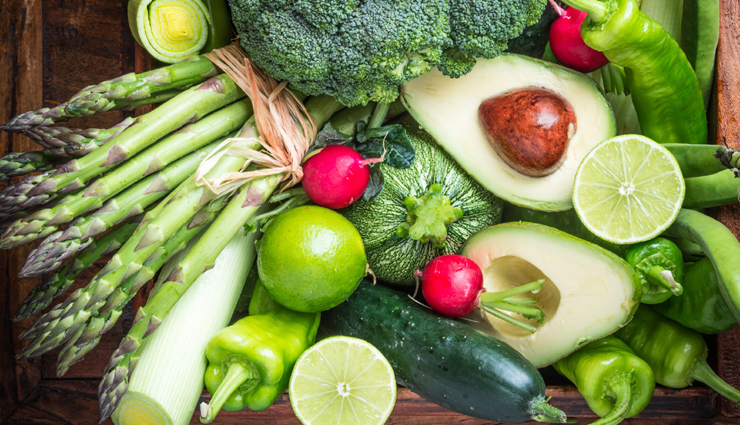
# Folate-rich foods: Folate, also known as vitamin B9, plays a crucial role in hemoglobin production. Include folate-rich foods such as leafy greens (spinach, kale), asparagus, broccoli, avocado, citrus fruits, and fortified grains in your diet.
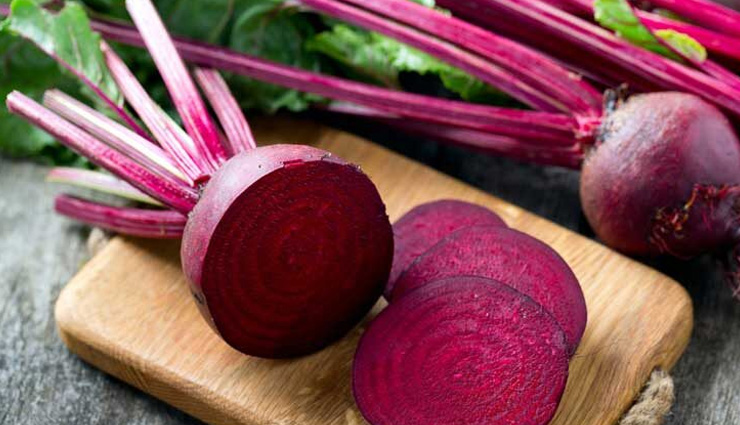
# Beetroot: Beetroot is high in iron, folic acid, and potassium, making it beneficial for increasing hemoglobin levels. You can consume it raw, juice it, or include it in salads or soups.
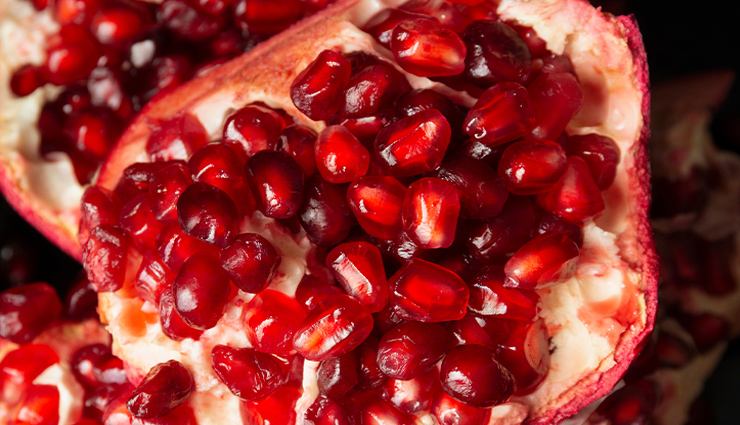
# Pomegranate: Pomegranate is rich in iron and vitamin C, which helps in the production of hemoglobin and improves its levels in the blood. You can consume fresh pomegranate seeds or drink pomegranate juice.
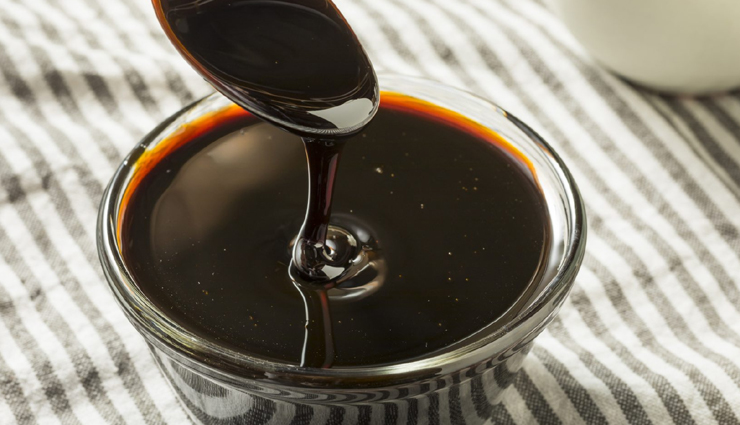
# Blackstrap molasses: Blackstrap molasses is a concentrated source of iron and other nutrients. Consuming a tablespoon of blackstrap molasses daily can help boost hemoglobin levels.
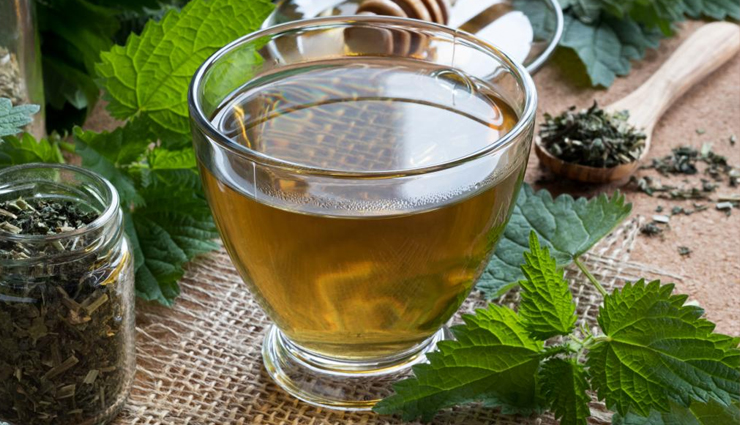
# Nettle tea: Nettle tea is believed to increase hemoglobin levels due to its iron and vitamin C content. Steep dried nettle leaves in hot water for 10-15 minutes, strain, and drink it regularly.

# Avoid iron inhibitors: Some foods and beverages can inhibit iron absorption. Limit consumption of tea, coffee, calcium-rich foods, and high-fiber foods around mealtimes to maximize iron absorption.

# Regular exercise: Regular physical activity can stimulate the production of red blood cells and improve circulation, which can help increase hemoglobin levels.

# Adequate rest and sleep: Ensure you're getting enough restorative sleep each night, as inadequate sleep can affect red blood cell production and hemoglobin levels.
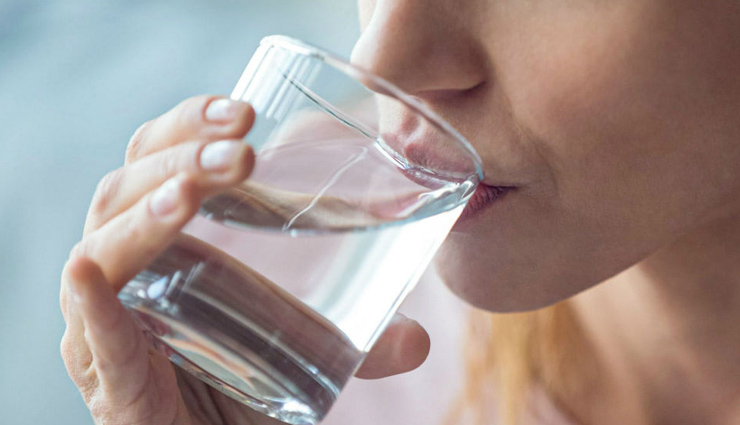
# Stay hydrated: Drink plenty of water throughout the day to maintain adequate hydration, which is essential for optimal blood volume and circulation.

# Limit alcohol consumption: Excessive alcohol consumption can inhibit the absorption of nutrients essential for hemoglobin production. Limit your alcohol intake or avoid it altogether.





